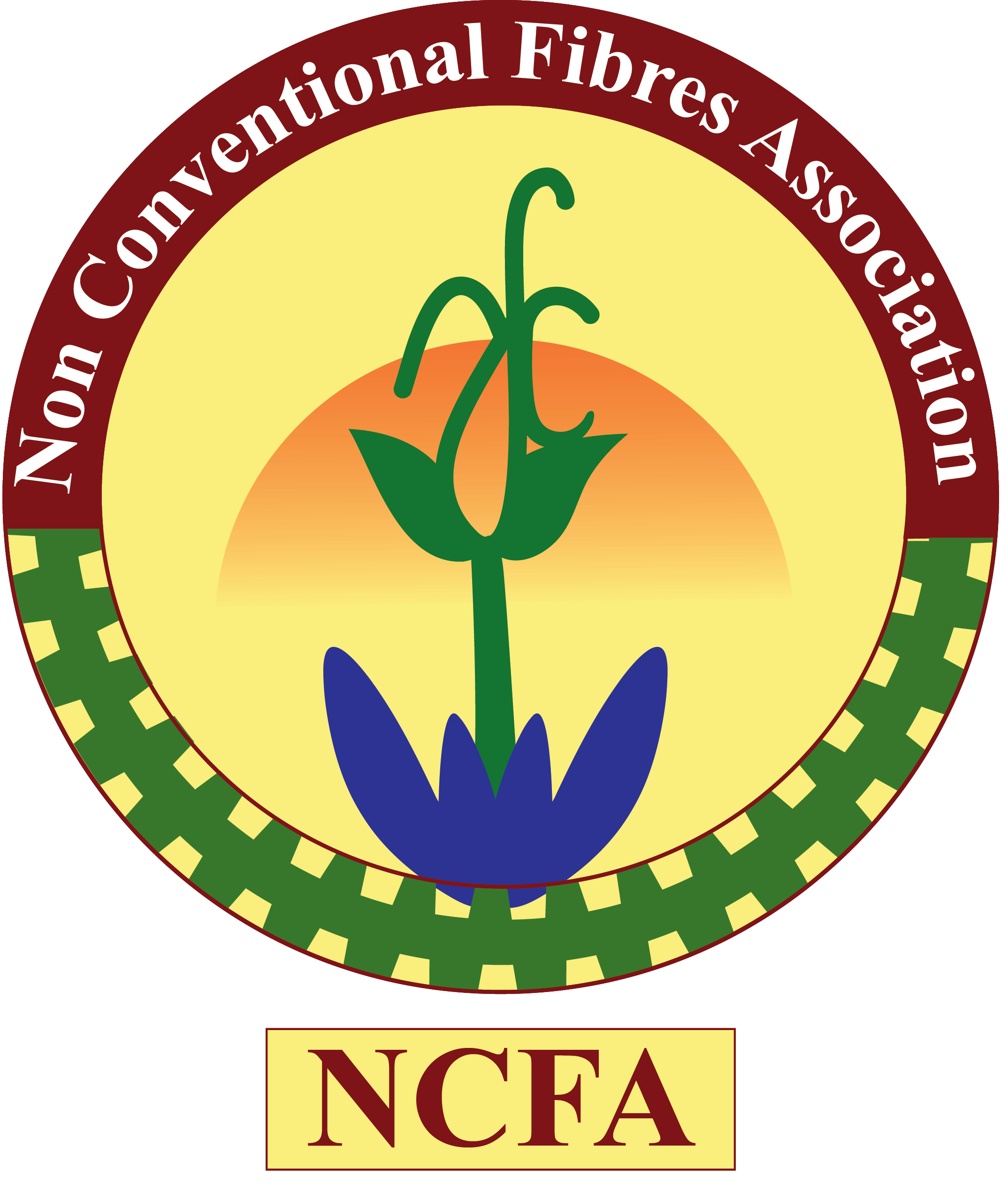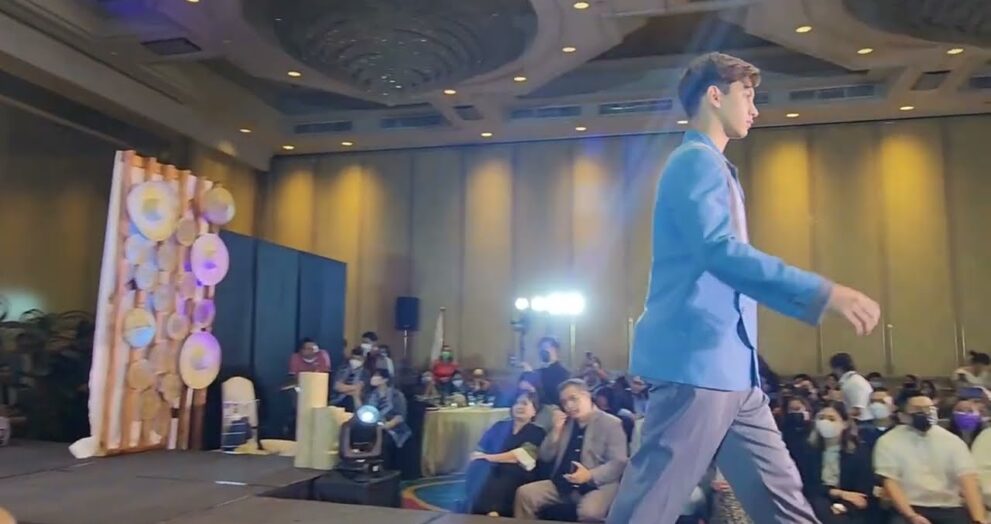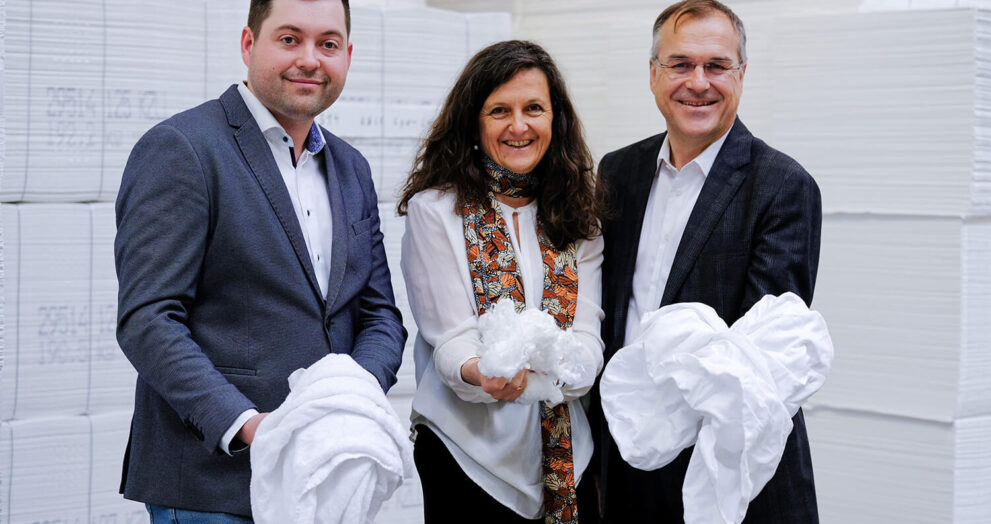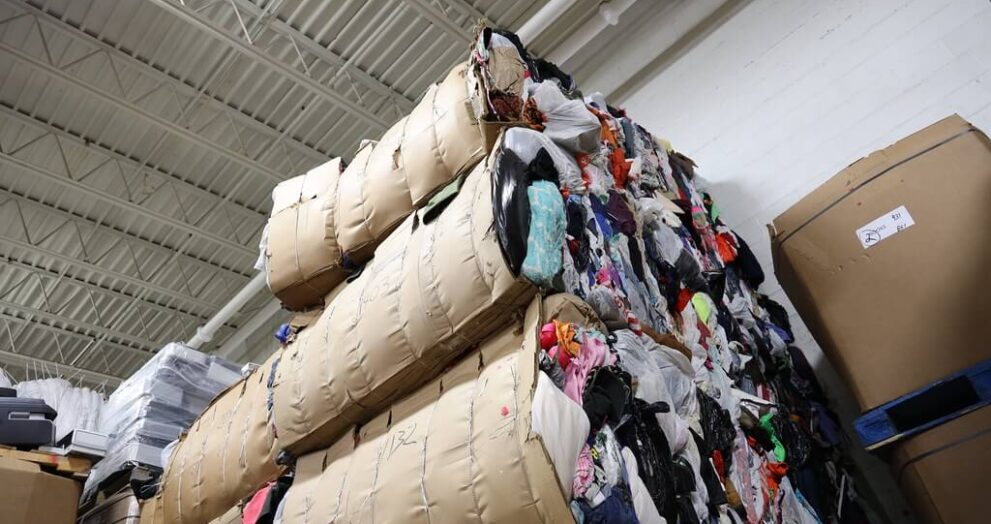Philippines Showcases Natural Fabrics At Fashion Show
Philippine Tropical Fabrics (PTF) every January is an initiative of the country’s Department of Science and Technology’s Philippine Textile Research Institute (DOST-PTRI), to promote the country’s natural textile fibres. The PTF contains natural textile fibres from pineapple leaf, abaca, banana, and Philippine silk, which are produced, spun, woven, or knitted, and finished in the Philippines.










